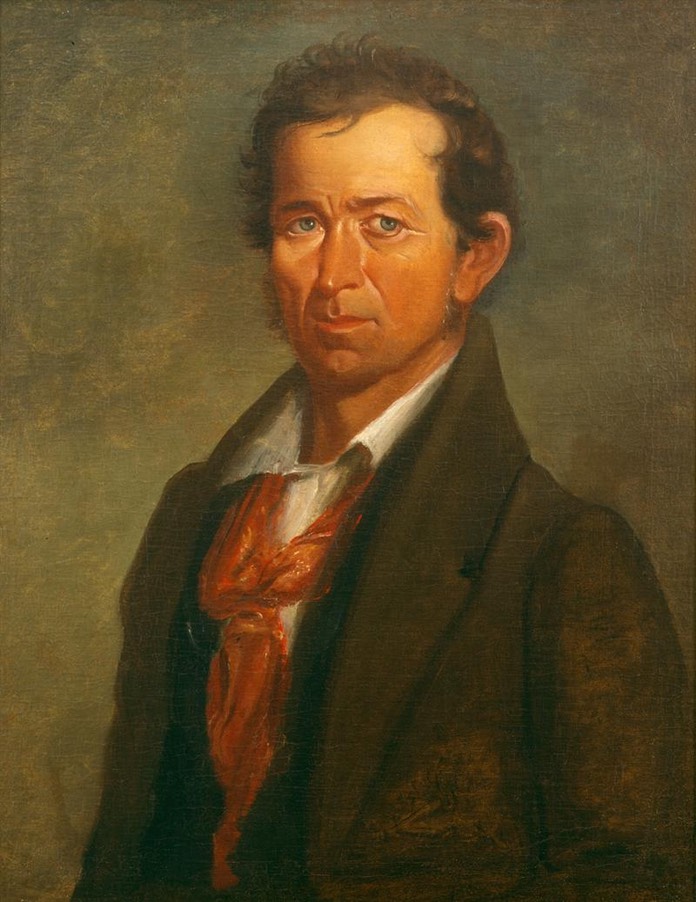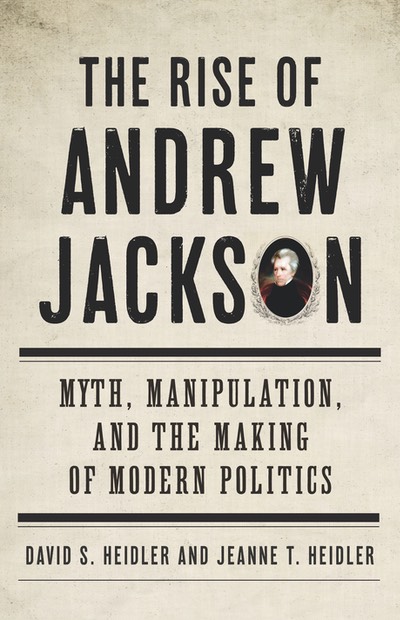There was no tune, because he could not hear it,
No verse because he could not make it out,
But his melody soared
And the words are carved in stone
El Sordo always rode with others
But he always rode alone
Until he was forty-eight years old, the only remarkable things about Erastus Smith were his unusual birth and his lousy health. Some people claimed that Erastus told them that he came into the world feet first, which must have made Mary Smith’s lying-in a time for lively reminiscences. Possibly this was true, but it’s difficult to separate fact from fancy in the life of Erastus Smith. He rarely talked about himself. People he knew, however, had nimble imaginations and could make facts elastic when necessary. It is a requirement in the painting of a legend.
Take the skunk story. People said that Erastus swore by eating skunks to treat respiratory illnesses. Preparation was key. You had to cut away the offensive scent glands before roasting the meat in a particular way on an open fire. Few people, Erastus was said to have mused, knew about the medicinal properties of skunk, possibly because the critter’s aromatic reputation put folks off.
Both stories sound frontier folksy, stuff like Mike Henry driving prodigious amounts of steel and Paul Bunyan axing away entire forests. Whether or not Erastus Smith landed in life on his feet or found polecats tasty and restorative is, after all, beside the point. They are what happens when a man suddenly emerges from a simple, ordinary existence to become a luminary. Beginning in the fall of 1835, when Erastus Smith was forty-eight years old, he unwittingly commenced a series of exploits for only a few months that made him more than famous. They made him a folk hero, the kind of man people make stuff up about. When Erastus Smith found fame, his early obscurity became a yarn-spinner’s dream. But that and the spun yarns also became a biographer’s nightmare.
That is why we have a lot of tall tales and only one biography, a slim volume by historian Cleburne Huston who strove with admirable resolve to uncover the truth about a man who was likely illiterate and, for most of his life, was profoundly commonplace. Thanks to Huston, we know with some certainty at least this much about Erastus Smith’s first forty-eight years.
Erastus Smith was born in Dutchess County, New York, on April 19, 1787. His parents were Chilab and Mary Smith, and he had brothers and sisters. The family moved to Mississippi in 1798 when Erastus was eleven, and there he grew up, presumably guided by the solid strictures of his parents, rock-ribbed Baptists. A childhood illness left Erastus virtually deaf, and he contracted tuberculosis, or “consumption” as people then called it. Both circumstances defined him for the rest of his life.
The rigors of consumption probably caused him to search for a better climate, which was the reason he visited Texas in 1817 when it was still part of the Spanish Empire. It’s not clear why he didn’t settle there permanently until 1821. He was an old thirty-four running on a consumptive’s abbreviated clock. Still, by then, Mexico had gained independence from Spain. It was soon to embrace the colonization plans of entrepreneur Stephen F. Austin in the hope of taming its wild northernmost province with orderly settlement. Smith was part of a new place’s new era from its start. That can work wonders for a man sick of being sick.
Indeed, Texas transformed him. Smith finally married, taking as his bride a Mexican widow with a ready-made family. He was soon adding to it. He became a Mexican citizen, a requirement for land-holders, which meant that he left the Baptists for the Catholic Church, but he doesn’t seem to have been theologically particular. His Mexican neighbors liked him immensely and settled on him the nickname “El Sordo,” the Deaf One. They marveled how (because of his well-born wife) he spoke Spanish like a Peninsulare, the elite class in Mexico. The authorities liked him too. They settled on him a 4,400-acre tract of land near Bexar on the Cibolo River where he seems to have experimented, with limited success, by importing polled (hornless) cattle to replace ornery longhorns. His family lived in a spacious house in San Antonio, while El Sordo ranged the region on his preferred mount, the Mexican pony, which could glide across grasslands carrying the almost weightless Smith without breaking a sweat. He hunted buffalo and camped under the stars. “Life is short,” the philosopher warns even healthy, young people. El Sordo, who was pushing fifty and sometimes coughed up blood, knew all about the brevity of days.
As the years passed, more colonists had come. They came from all over the world. In the space of an afternoon, a lad who grew up trapping critters in Kentucky forests could rub elbows with a dapper lawyer from Montreal, the younger son of a superfluous Prussian princeling, and a Yankee-born Mississippi transplant who often cupped his ear. All knew of this last character, the one the Mexicans called El Sordo, and many knew him personally. Americans called him “Deef,” the quaint way they pronounced “deaf.” Thus did the innocuous Erastus Smith gradually disappear to be reborn, decades into his limited life, as Deaf Smith. He was the pleasant fellow who didn’t speak very often and always seemed vaguely distant, a habit from youth when he pretended not to care about conversations he could not hear.

He pretended not to care about a lot of things. By the 1830s, events that were riling up the countryside left Deaf Smith completely unfazed. Mexican authorities had become mildly alarmed over the growing “foreign” presence in Texas, and they sought to reverse the immigration policy of a decade with increasingly restrictive measures. The new policies created frictions that prompted Mexico City’s imprudent resort to increasingly oppressive measures that finally sparked an outright rebellion. Smith made plain to his angry neighbors that he intended to remain neutral. Their talk of liberty and constitutional protections did not interest him. His wife was Mexican, his home was in San Antonio, his ranch was on the Cibolo, and his life was good. As Anglo Texians and Mexican Tejanos armed themselves and organized into little armies, Deaf Smith went buffalo hunting near the Little River in the far north.
When he returned in October 1835, the little armies of resistance had coalesced into a unified force of rebellion under the heretofore pacific Stephen Austin. He was laying plans to drive the Mexican garrison out of San Antonio as Smith wandered into the army’s camp on Salado Creek four miles east of town. Amazed that things had gotten so out of hand so fast, Smith tersely told Austin that he merely wanted to pass the rebel picket guards and go home. Austin waved him on his way.
When he left Austin’s camp that fall afternoon, Deaf Smith thought he was going home. As he approached the outskirts of San Antonio, however, Mexican guards unshouldered their arms and began a conversation. Some would later say it was the costliest one in their country’s history.
Join us next week for the conclusion of the story!



